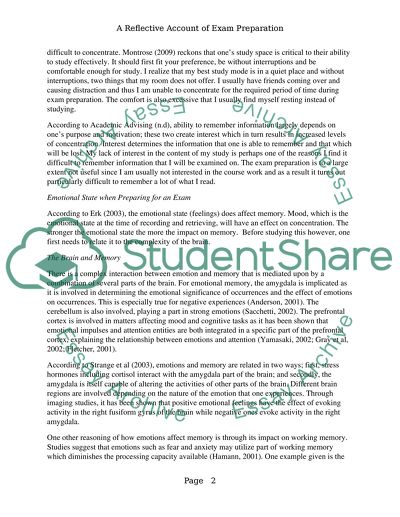Cite this document
(“A Reflective Account of Exam Preparation Essay Example | Topics and Well Written Essays - 2750 words”, n.d.)
Retrieved de https://studentshare.org/nursing/1390915-a-reflective-account-of-exam-preparation
Retrieved de https://studentshare.org/nursing/1390915-a-reflective-account-of-exam-preparation
(A Reflective Account of Exam Preparation Essay Example | Topics and Well Written Essays - 2750 Words)
https://studentshare.org/nursing/1390915-a-reflective-account-of-exam-preparation.
https://studentshare.org/nursing/1390915-a-reflective-account-of-exam-preparation.
“A Reflective Account of Exam Preparation Essay Example | Topics and Well Written Essays - 2750 Words”, n.d. https://studentshare.org/nursing/1390915-a-reflective-account-of-exam-preparation.


